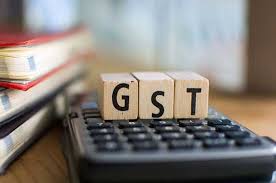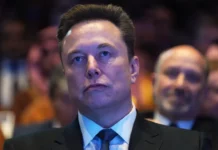NEW DELHI: The GST Council’s meeting on Monday, which was held exclusively to discuss the issue of borrowing in lieu of GST compensation, ended without any consensus. Addressing the media after the meeting, Finance Minister Nirmala Sitharaman said the meeting was an extension of the previous meeting and all the states spoke on the issue of borrowing and extension of the compensation cess, and clarifications were sought by the states on specific points.
However, in a major development, Sitharaman indicated that the states which wanted to borrow as per the proposed first option which has largely been opted for, could themselves approach the Centre, which will facilitate such borrowings. “I put before the council if a state is confident, can anyone or the council stop a member from doing it (borrowing)? Article 293 of the Constitution says it is the state’s right to decide what they want to borrow,” she said.
Expressing her displeasure with the states which continued to stand against borrowing, she noted that on the one hand there were states which wanted to get the money as soon as possible to meet their expenditure requirements, while few others kept saying that the decision must be reached on the basis of consensus.
On the question of why the Centre cannot borrow, Sitharaman told the states that the Centre has already finalised its borrowing calendar and any additional borrowing will lead to an increase in G-Sec yields that will make borrowings expensive for the states and even for the private sector. She reiterated that the entire interest and principal amount will be paid from cess. The council has already extended the period of cess beyond the five-year transition period that ends in June 2022. So there should be no concerns as to how the states would be compensated.
A total of 21 states want Option 1 where the entire GST related shortfall of Rs 1.10 lakh crore expected for this year could be borrowed without the borrowing impacting any other debt raising plan of the states. The entire compensation calculation of the states will be paid. And states will not have to pay from any other resource.
Replying to a question on the apparent tussle between the opposition-ruled states and the Centre, the Finance Minister said: “There is no dispute, we may have differences.”







